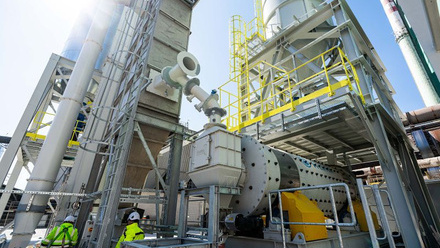Bio-LNG for greener shipping
Independent study confirms bio-LNGs role in decarbonising shipping.

Liquified bio-methane can have a major contribution to reducing maritime emissions, according to a study commissioned by the UK members organisation SEA-LNG.
Pure bio-LNG was found to potentially cover up to 3% of the total energy demand for shipping fuels in 2030, and 13% in 2050. Using it as a drop-in fuel blended with fossil LNG, with an assumed 20% blend, it could meet up to 16% and 63% in 2030 and 2050 respectively.
The report forecasts the average cost for delivered bio-LNG will fall by 30% by 2050, driven by the reduced cost of producing biomethane in large-scale anaerobic digestion plants. It would be one of the cheapest alernative marine fules, compared to biomethanol and electrofuels, including e-ammonia and e-methanol.
Conducted by the Maritime Energy and Sustainable Development Centre of Excellence at Nanyang Technological University, Singapore, the study concluded that bio-LNG uptake was linked to other sectors. With national and international standards required for biomethane injection into gas grids.







